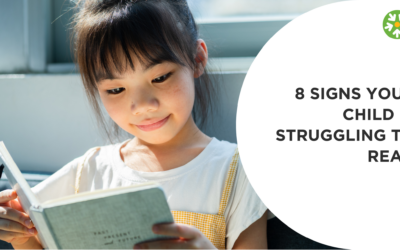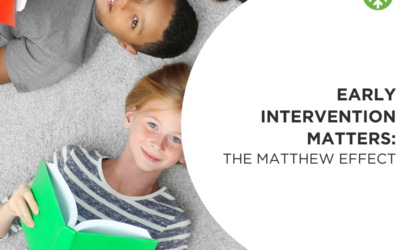A lot of focus in school is on teaching children how to read single syllable words. So, they learn consonant sounds, vowel sounds, and they start reading. After that, a lot of the time the instruction stops, and it is assumed they will figure out the rest.
But when they get to multi-syllable words, there is a whole other set of things that we need to think about. You can’t just sound it out like a single syllable word.
There are common things that occur in words that will help your child read those words more easily.
One thing is recognizing common prefixes. We call them beginnings because prefix is a complicated word. There are 8 common beginnings: re-, pre-, pro-, dis-, con-, com-, un-, and in-. Of course, there are more prefixes that we have in our language. These are common beginnings that first graders and second graders are going to be seeing in the words that they will be reading.
In addition to being able to recognize common beginnings, it is also helpful for children to recognize common endings, or suffixes. There are 10 common endings that a developing reader will be seeing : -ment, -less, -ness, -tive, -sive, -ly, -tion, -ture, -ful, -_le.
Most of them are pretty straightforward and say what you would expect, but you still have to go through and make sure that you talk about what the ending is going to say if it doesn’t say what you would expect. This is just like you would do a sight word. Check out the video below to learn more about which of these endings are straightforward and which of them will require some discussion with your child.
We hope this helps as you guide your child on the path to confident reading! For more tips on building a confident reader, keep scrolling and grab our free guide.




